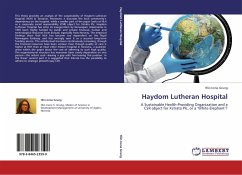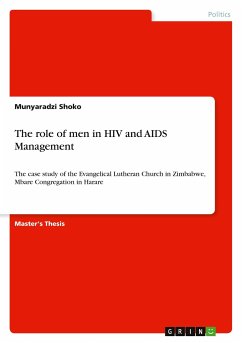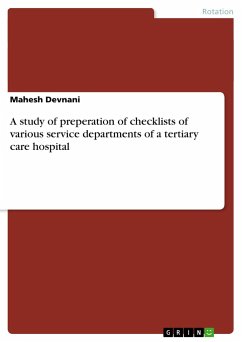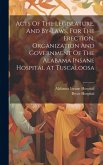This thesis provides an analysis of the sustainability of Haydom Lutheran Hospital (HLH) in Tanzania. Moreover, it discusses the local community s dependency on the hospital, while a smaller part of the paper looks at HLH as a corporate social responsibility (CSR) object for Xstrata Plc. Haydom Lutheran Hospital has since its inauguration by Norwegian missionaries in 1955 been highly funded by public and private financial, human and technological resources from abroad, especially from Norway. The empirical findings show that HLH has become too dependent on the Royal Norwegian Embassy, and has wrongly seen it as a secured long-term funding source. The activity level has been continuously increasing, though the financial resources have been unclear. Even though quality of care is higher at HLH than at most other mission hospital in Tanzania, a question arose within the paper about the cost of adhering to such high quality. The organizational structure has moreover been overly dependent on one person the ardent soul leaving a gap with him leaving this position. In the thesis second part it is suggested that Xstrata has the possibility to adhere to strategic philanthropy CSR.
Bitte wählen Sie Ihr Anliegen aus.
Rechnungen
Retourenschein anfordern
Bestellstatus
Storno








